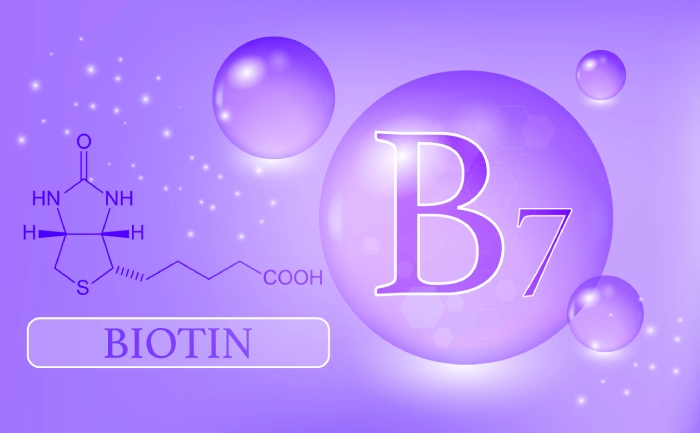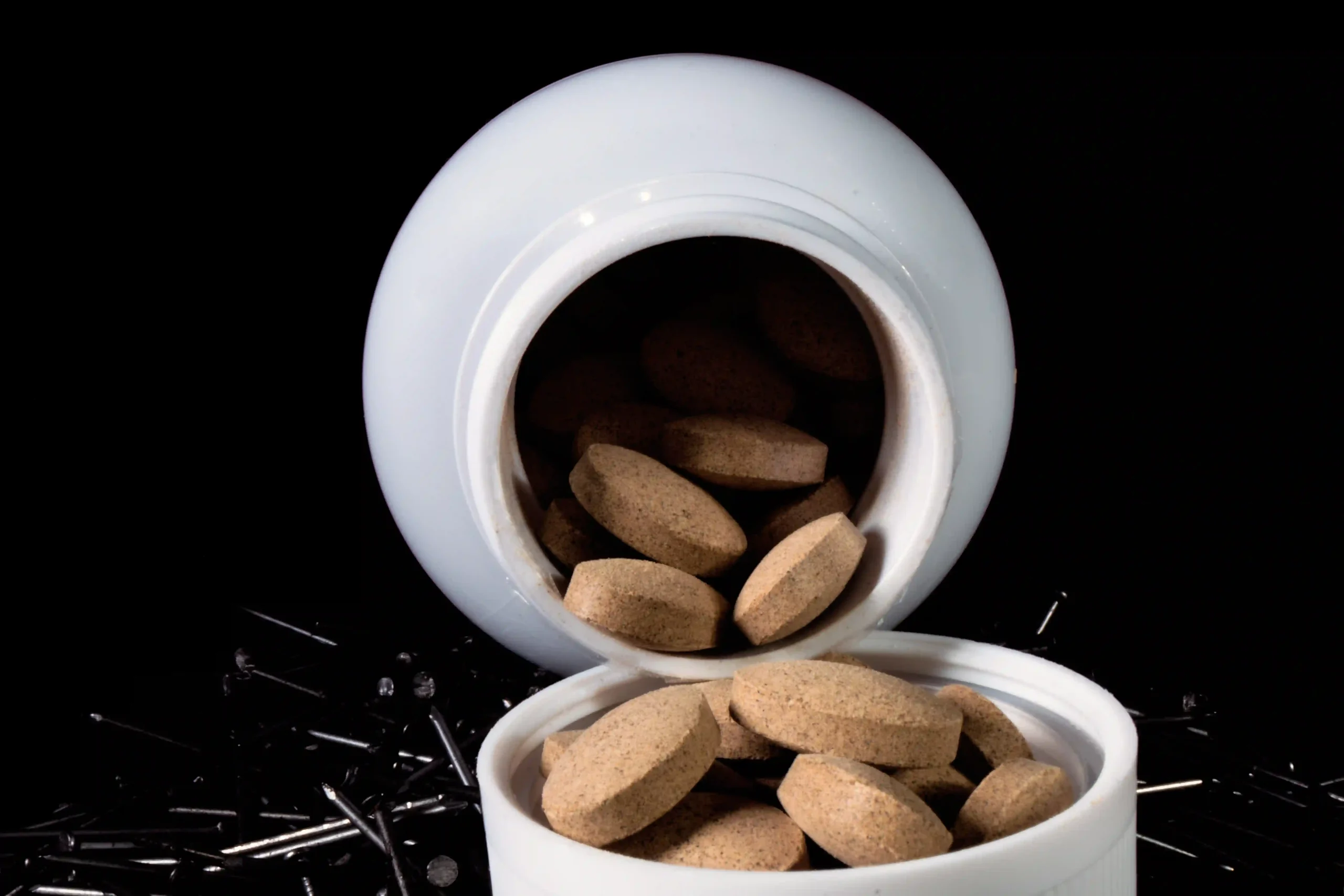Exploring Manganese’s Impact on the Nervous System and the Potential Benefits of Biotin
Manganese is a crucial mineral involved in several vital bodily functions, but both its deficiency and excessive exposure can lead to health problems. While most people obtain adequate manganese through their diet, too much exposure—especially through occupational or environmental sources—can lead to toxicity. Chronic manganese exposure is particularly harmful to the central nervous system, potentially causing a condition known as manganism. This condition presents symptoms that resemble Parkinson’s disease, including tremors, muscle stiffness, and cognitive disturbances.
Recent research published in Science Signaling investigates how manganese damages the central nervous system, employing model systems and human nerve cells. The study also suggests that biotin, a vitamin B complex nutrient, may play a protective role in mitigating the damage induced by manganese.
Manganese’s Toxicity: A Clear Link to Parkinsonism
Chronic exposure to manganese—often experienced by workers in industries such as welding or those in rural areas with contaminated drinking water—has been linked to an increased risk of developing Parkinsonian syndrome. This condition shares similarities with Parkinson’s disease but is distinct in its neurological manifestation. Manganese is known to interact with the protein alpha-synuclein, causing it to misfold and accumulate in the brain, contributing to neurodegeneration.
In a study involving Drosophila, the fruit fly, researchers created a model of occupational manganese exposure in humans. They discovered that manganese exposure led to motor deficits, mitochondrial and lysosomal dysfunction, neuronal loss, and a shortened lifespan in the flies. These findings were further validated in human dopaminergic neurons derived from induced pluripotent stem cells (iPSCs), where manganese exposure resulted in selective damage to these cells—an effect that closely mirrors the loss of dopamine-producing cells seen in Parkinson’s disease.
Biotin as a Neuroprotective Agent?
The study introduces biotin, a B vitamin known to be synthesized by gut bacteria, as a potential protective agent against manganese-induced neurodegeneration. Researchers found that biotin supplementation could restore mitochondrial function, enhance dopamine production in the brain, and reverse neurotoxicity in both flies and iPSC-derived neurons.
This discovery aligns with a growing body of research recognizing Parkinson’s disease as a multisystem disorder, where early symptoms may stem from disruptions in the gut microbiome. Given that biotin supplementation improved mitochondrial health and protected dopamine-producing neurons, it presents an exciting avenue for further exploration as a non-pharmacological intervention.
Biotin, commonly found in foods like eggs, nuts, and seeds, has long been considered safe and well-tolerated in humans. This makes it a promising candidate for therapeutic use. In particular, biotin-rich prebiotics or biotin-producing probiotics could potentially offer a practical solution to help protect against manganese-induced neurodegeneration.

Commentary by SuppBase Columnist Alice Winters
The emerging research on manganese and its neurotoxic effects highlights an often-overlooked aspect of mineral exposure. While manganese is essential for bodily function in trace amounts, its potential for harm—especially in high-exposure environments—is becoming increasingly clear. The link to Parkinsonian symptoms is especially concerning, particularly for individuals in professions with high levels of manganese exposure.
What stands out in this study is the promising role of biotin as a potential intervention. Biotin’s neuroprotective properties offer hope for mitigating the damage caused by manganese toxicity. As a nutrient known for its ability to support hair, skin, and nail health, biotin’s additional potential to aid in brain health is noteworthy. Its role in improving dopamine production and protecting neurons from oxidative stress could be revolutionary if further studies confirm these findings.
However, while biotin supplementation appears to be a safe and potentially effective measure, it’s important to remain cautious about treating neurodegenerative diseases with simple solutions. More research is needed to fully understand the extent of biotin’s protective benefits, the optimal dosages, and the long-term effects of supplementation. This could lead to non-invasive and cost-effective therapies for populations at risk, offering a complementary approach to more traditional Parkinson’s treatments.
From a broader perspective, this study highlights the importance of monitoring environmental and occupational exposures to toxic substances like manganese. As we continue to explore the intersections between diet, environmental toxins, and neurodegenerative diseases, it becomes increasingly clear that early interventions—such as biotin supplementation—could play a crucial role in prevention and treatment.
In conclusion, while biotin offers hope as a protective agent against manganese-induced brain damage, further studies are required to determine the precise mechanisms, efficacy, and safety of such interventions. Nonetheless, this research underscores the critical need for awareness and regulation of manganese exposure in vulnerable populations.



